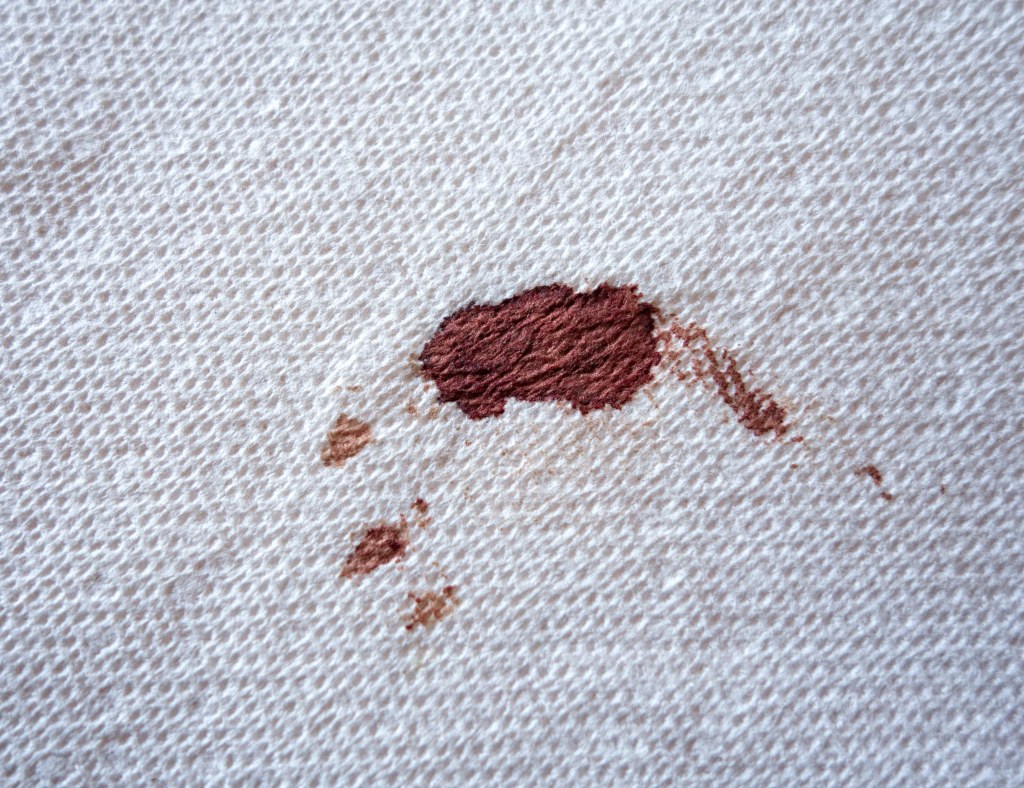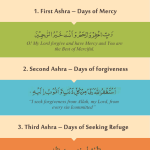Navigating Periods In Ramadan Fasting: A Comprehensive Guide To Embrace The Blessed Month With Confidence And Conviction
Periods in Ramadan Fasting
Introduction
Dear Ramadhan enthusiasts,
Welcome to this informative article about periods in Ramadan fasting. As we know, Ramadan is a holy month observed by Muslims worldwide, during which they fast from dawn to sunset. However, for women who experience menstruation, fasting can be a challenging and sensitive matter.
1 Picture Gallery: Navigating Periods In Ramadan Fasting: A Comprehensive Guide To Embrace The Blessed Month With Confidence And Conviction

In this article, we will explore the various aspects of periods in Ramadan fasting, including the what, who, when, where, why, and how. We will also discuss the advantages and disadvantages, as well as answer some frequently asked questions. So let’s dive in and enhance our understanding of this important topic.
What are periods in Ramadan fasting?
Periods in Ramadan fasting refer to the menstrual cycle experienced by women during the holy month of Ramadan. Menstruation is a natural bodily process that occurs in women of reproductive age, typically lasting for several days. During this time, women are exempted from fasting as it is considered a physical discomfort.

Image Source: teenvogue.com
🩸 Important Point: Menstruation is a normal and natural part of a woman’s life, and Islamic teachings provide flexibility and understanding regarding fasting during this period.
Who is affected by periods in Ramadan fasting?
Periods in Ramadan fasting affect women who have reached puberty and have started menstruating. It is essential for women to be aware of their menstrual cycle and make informed decisions about fasting during this time. Each woman’s experience may vary, and it is crucial to prioritize health and well-being.
🩸 Important Point: The decision to fast or not during menstruation is a personal one, and women should consult with their religious leaders and healthcare providers for guidance.
When do periods occur during Ramadan fasting?
Periods in Ramadan fasting can occur at any time during the holy month. The menstrual cycle typically lasts between 28 to 35 days, and the duration of menstruation itself can range from three to seven days. It is essential to track one’s menstrual cycle to be prepared for any changes that may occur during Ramadan.
🩸 Important Point: Women should keep track of their menstrual cycle and plan their fasting accordingly to ensure they prioritize their health and follow religious teachings.
Where does menstruation fit into Ramadan fasting?
Periods in Ramadan fasting are a natural part of a woman’s life, and Islamic teachings provide clear guidelines for women during this time. Women who are menstruating are exempted from fasting and are not required to make up the missed fasts later. This exemption acknowledges the physical discomfort that menstruation can cause and emphasizes the importance of self-care.
🩸 Important Point: Women should embrace the flexibility offered by Islamic teachings during menstruation and focus on spiritual reflection and other acts of worship during this time.
Why is it important to understand periods in Ramadan fasting?
Understanding periods in Ramadan fasting is crucial to ensure that women are aware of their rights and responsibilities during this holy month. It allows women to make informed decisions about fasting, seek guidance from religious leaders, and prioritize their health and well-being.
🩸 Important Point: By understanding periods in Ramadan fasting, we can promote a more inclusive and supportive environment for women and encourage open conversations about women’s health in religious contexts.
How can women manage periods during Ramadan fasting?
Managing periods during Ramadan fasting requires careful consideration of one’s health and well-being. Women have several options, including refraining from fasting, making up the missed fasts later, or choosing alternative acts of worship during menstruation. It is essential for women to listen to their bodies, consult with healthcare providers, and seek guidance from religious leaders to make the most appropriate decisions for themselves.
🩸 Important Point: Women should prioritize their health and well-being during menstruation and explore alternative acts of worship that align with Islamic teachings.
Advantages and Disadvantages of periods in Ramadan fasting
There are both advantages and disadvantages to consider when it comes to periods in Ramadan fasting. Let’s explore them in detail:
Advantages:
1. Increased focus on spiritual reflection and other acts of worship during menstruation.
2. Prioritizing physical health and well-being.
3. Embracing the flexibility and understanding offered by Islamic teachings.
4. Opportunity for self-care and rejuvenation during menstruation.
5. Encouraging open conversations about women’s health in religious contexts.
Disadvantages:
1. Missing out on the rewards and blessings associated with fasting during Ramadan.
2. Feeling excluded from certain religious practices.
3. Difficulty in maintaining the same level of spirituality during menstruation.
4. Challenges in balancing menstrual symptoms and fasting requirements.
5. Possible social stigma or misunderstanding surrounding menstruation.
Frequently Asked Questions (FAQs)
Q1: Can women who are menstruating participate in other religious activities during Ramadan?
A1: Absolutely! Women who are menstruating can engage in various religious activities, such as reciting the Quran, engaging in prayer, and giving charity.
Q2: Is it necessary to make up the missed fasts during menstruation?
A2: No, women who are menstruating are exempted from fasting during that time and are not required to make up the missed fasts later.
Q3: Are there any dietary recommendations for women during menstruation in Ramadan?
A3: There are no specific dietary recommendations for women during menstruation in Ramadan. However, it is essential to maintain a balanced and nutritious diet to support overall health.
Q4: How can women manage menstrual symptoms while fasting during Ramadan?
A4: Women can manage menstrual symptoms while fasting during Ramadan by staying hydrated, practicing self-care, and listening to their bodies. It is crucial to seek guidance from healthcare providers to ensure adequate symptom management.
Q5: How can we promote understanding and support for women during periods in Ramadan fasting?
A5: We can promote understanding and support for women during periods in Ramadan fasting by fostering open conversations about women’s health, providing education on the topic, and creating inclusive spaces that embrace the diversity of experiences.
Conclusion
In conclusion, understanding periods in Ramadan fasting is essential to ensure that women are aware of their rights and responsibilities during this holy month. By prioritizing health and well-being, embracing flexibility, and seeking guidance from religious leaders, women can make informed decisions about fasting during menstruation. Let us create a supportive and inclusive environment that acknowledges and respects women’s experiences during this sacred time.
Final Remarks
It is important to note that this article is intended for informational purposes only and should not replace individualized advice from religious leaders or healthcare providers. Every woman’s experience with periods in Ramadan fasting may differ, and it is crucial to prioritize personal health and well-being. If you have any concerns or questions, please consult with the appropriate professionals for guidance.
This post topic: Ramadhan


